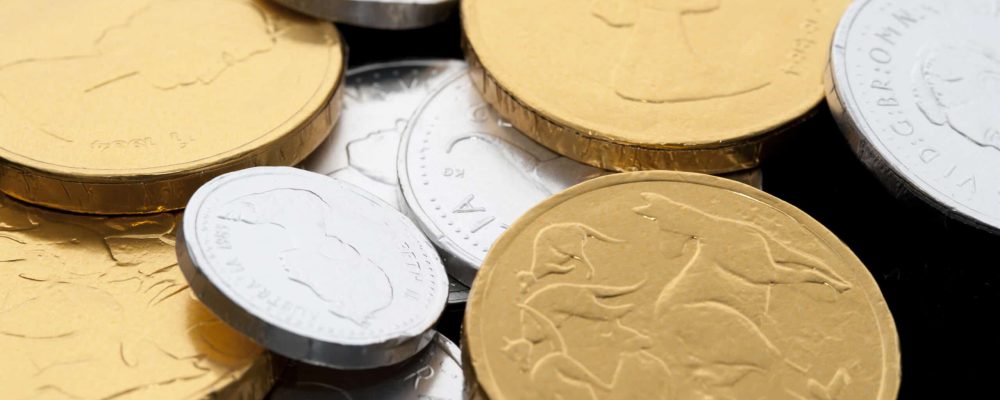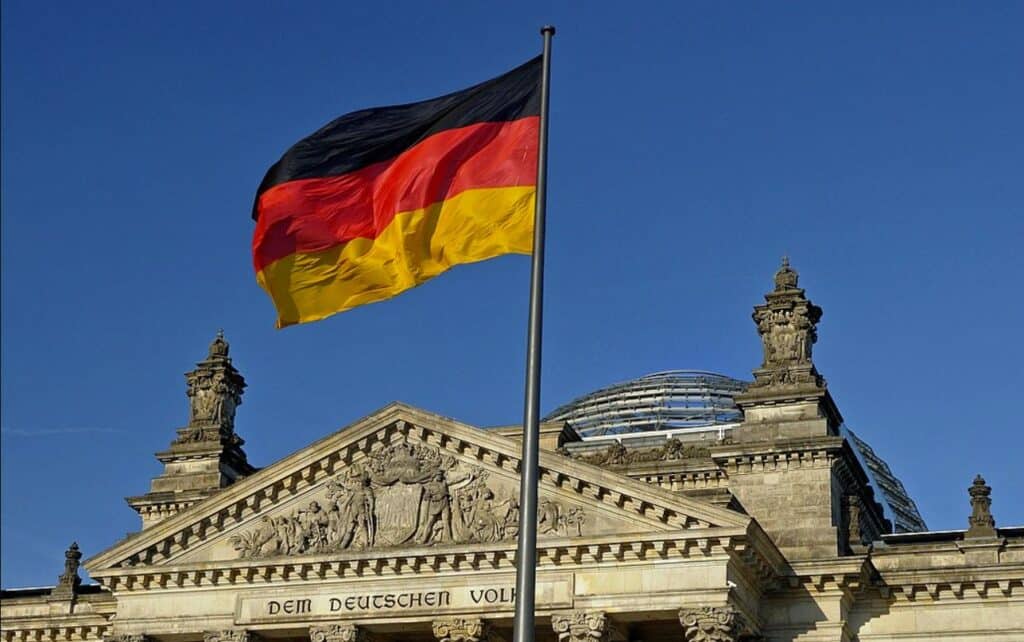The lack of reliable sources regarding the health of the issuers of individual stablecoins, and their collateral, is a problem that the cryptocurrency market has long faced. Seeing this, Moody’s decides to implement work on a system that could help answer many of the nagging questions.
20 stablecoins under Moody’s magnifying glass
The high-profile collapse of Terra Luna and the related stablecoin ecosystem UST in May last year strained the regulator’s vigilance towards this segment of the cryptocurrency market. As we know, stablecoins are coins that are designed to hold a value of 1:1 against another designated asset. The case of UST was unique, as it was an algorithmic stablecoin, designed to maintain the value of $1. Nevertheless, in order to achieve this, other assets with variable characteristics were used here, including Bitcoin. Time has shown that this idea was unsuccessful.
Nevertheless, in the cryptocurrency market, there are many other stablecoins in operation. Most often they refer to the US dollar or gold. According to the declarations of their issuers, the value of these trading tools, is mainly secured in cash, as well as in other assets of traditional markets. However, in many cases it is difficult to get a clear audit that would provide proper evidence of reserves. This is set to change with Moody’s, which wants to introduce a point system for 20 of them.
Is confidence in stablecoins likely to increase?
Last October, Martin Gruenberg, acting Chairman of the Federal Deposit Insurance Corporation (FDIC), said:
“all stablecoin payment issuers should – like banks, whether federal or state – be subject to prudential regulation and supervision.”
This type of regulation would certainly please investors and build confidence, in what is currently a rather uncertain sector. Moody’s, which is a credit rating agency, has the tools to facilitate this kind of control. As Bloomberg reports, the system Moody’s officials are working on is designed to analyze the quality of the attestation of each of the 20 reserves. Thus, there are many indications that it will not have much to do with the audit itself. The most likely goal of the venture is to create a confidence ranking.
A step toward greater scrutiny
The news of Moody’s plans is a response to real market needs. Although the solution is not perfect, it may turn out to be the best possible one, given the reluctance of stablecoin issuers to disclose their reserves. There is also a chance that market leaders, while receiving possible low marks, will try to finally fight for full confidence by providing reliable reports from official auditing processes.












